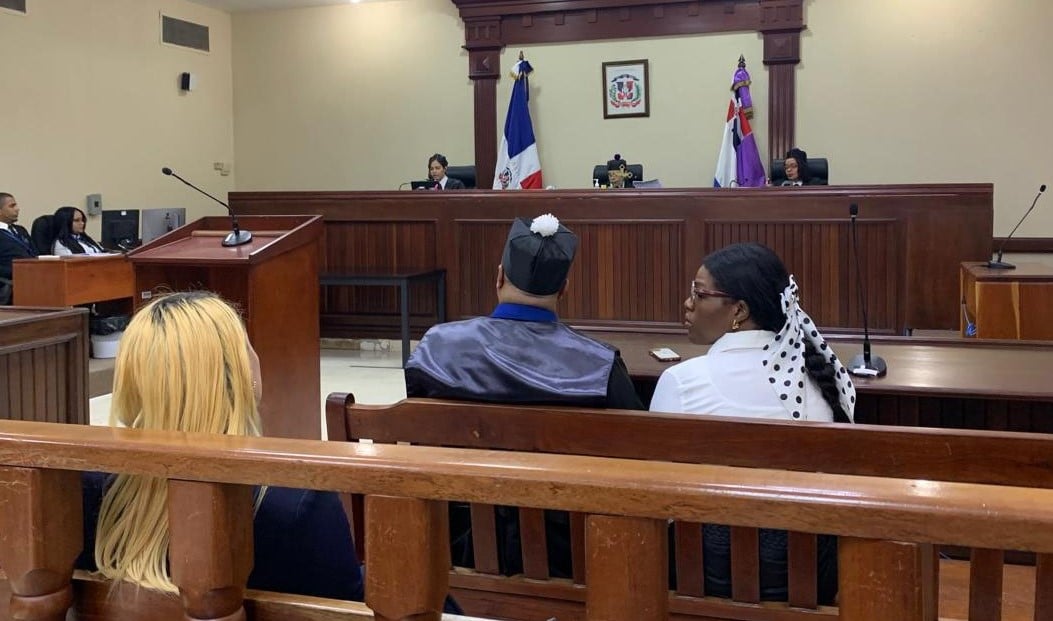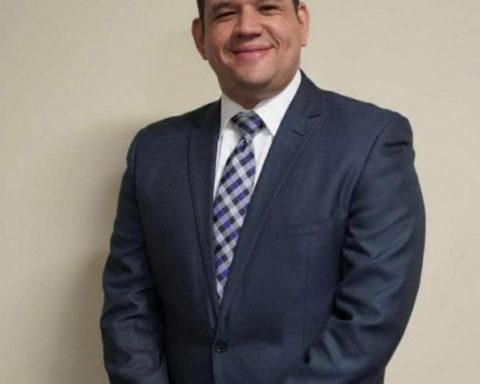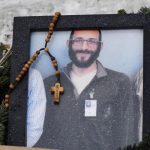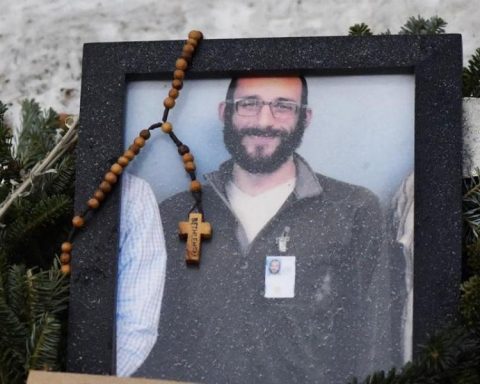Santo Domingo.- The Third Collegiate Court of the National District sentenced this Monday to Elizabeth Silverio to seven years in prison, after being found guilty of usurping functions in the field of medicine.
Silverio, who directed the Kogland Center for Neurocognitive Therapies and Psychopedagogies, was accused of treating patients while posing as a neuroscience professional, using false academic degrees.
The Public Ministry had requested a more severe sentence of 10 years in prison, in addition to the payment of 50 minimum wages and the criminal costs of the process. Likewise, he demanded the destruction of all false titles, the seal and the instruments used by Silverio in the commission of the crimes.
Last Friday, the accused stated that she was prepared for any decision of the court, which is hearing the conclusions today.
“We must be prepared for everything in life. In a situation of interests and power, we must be clear that, although we prepare for the best, we must be ready to receive the worst. With courage and gallantry, we will face whatever the judge’s decision is,” Silverio said.
The case of Elizabeth Silverio came to light in May 2023, when journalist Nuria Piera, in her investigative program, revealed that Silverio used falsified academic degrees to work as an expert in neuroscience.
You can read: Elizabeth Silverio defines Nuria Piera as her “cashier to success”
This discovery generated great outrage and concern, since Silverio treated numerous patients at his therapy center, exposing them to treatments without proper professional qualifications.
You can read: Court rules tomorrow on “neuroscientist” case
After the spread of the report, Silverio was placed in preventive detention in 2023, but was later released. However, the legal process continued, and the National District Prosecutor’s Office requested the opening of a formal trial against him.
The impact of the sentence
The seven-year prison sentence marks an important precedent in the fight against the usurpation of professional functions in the Dominican Republic. The case of Elizabeth Silverio highlighted the need for greater supervision in health and therapy centers, as well as rigorous verification of the credentials of those who practice such sensitive professions as medicine and neuroscience.

















